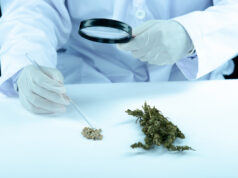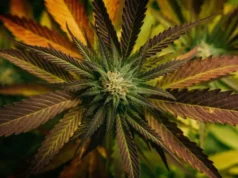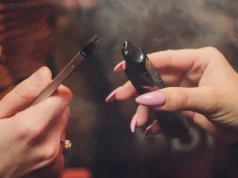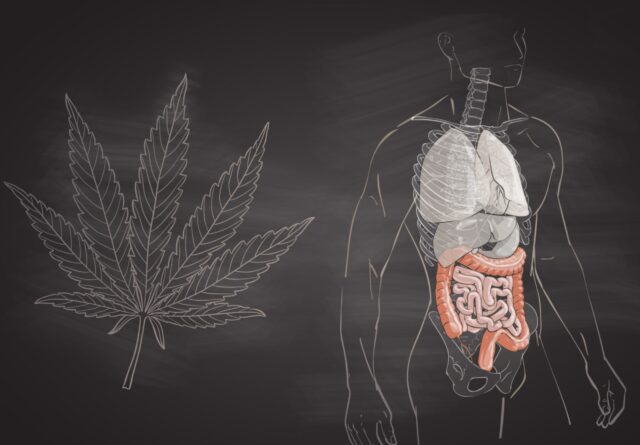
If you are using a CBD product, you may ask yourself, “How long does the compound stay in the system?” Perhaps you are eyeing a new job position, or your current bosses have a habit of foisting surprise drug tests on you. Maybe you are just curious or want to launch your own CBD brand. This article will answer the question, but first, does CBD appear in a drug test?
CBD in drug tests
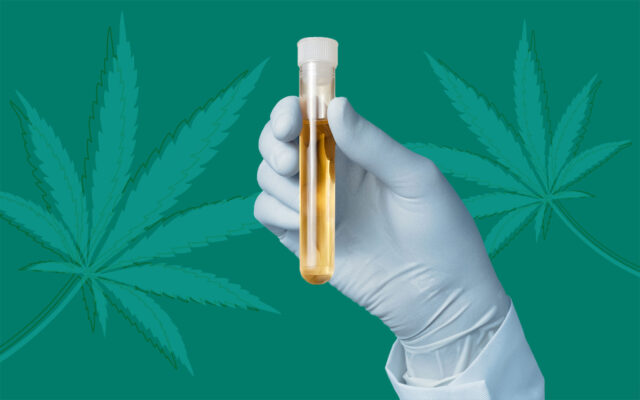
If you are dreading the prospect of failing an upcoming drug test, it is worth noting that typical workplace drug tests do not target CBD. They test for THC, the cannabinoid behind the psychoactive properties associated with the cannabis plant. CBD doesn’t induce any form of “high,” and many employers are not bothered with it.
That said, most CBD products on the market contain THC, meaning the compound may lurk in your CBD formula and show up in a drug test, especially if you take too much of it when the test is nigh. The federal THC limit in hemp-derived CBD products is 0.3 percent. Marijuana-derived products contain more than that, but it doesn’t matter because they are not federally-regulated anyway.
The most important thing to remember is that the CBD market is mostly unregulated, and you may have to do some research to tell hemp-derived products from marijuana-derived CBD products. And regardless of the amount of THC-containing hemp-derived CBD you take per day, the chances are low that you will fail a drug test. To cross the federal THC limit of 50ng/mL, you’d have to take at least 2,000 mg of hemp-derived CBD products.
So, how long does CBD stay in your system?

Cannabidiol stays in the human body for 2-5 days, but it can be longer. Here are some of the factors that influence the amount of time CBD remains in your body:
- Metabolism
Metabolism is the process through which the body transforms food into energy. It is perhaps the factor with the most sway when it comes to a cannabinoid’s longevity in the human body.
Fast metabolism typically translates to more rapid calorie exhaustion. The more efficient your body is in metabolizing CBD, the shorter the compound stays in your system.
Another related factor is whether or not your stomach is full at the time of consuming CBD. According to research, certain foods increase the concentration of CBD in your system. These include fat-rich foods such as cheese, whole eggs, nuts and seeds, and avocados.
- CBD dosage
So how much CBD do you take per serving? That’s an obvious factor right there. The body will take longer to break down a higher amount of CBD than it would a few milligrams. When buying CBD oil, tinctures, or snacks, take the time to check the concentration of the compound. If, for instance, a formula is in a 30 ml bottle and contains 1,000mg of CBD, each milliliter of the formula will have 33mg of cannabidiol (33mg/ml).
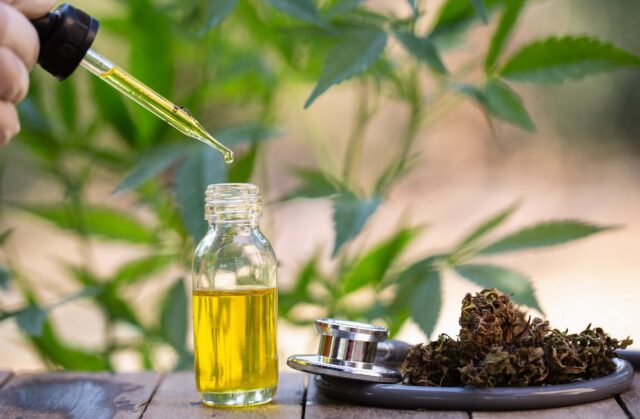
- Frequency of use
The number of times you use CBD per week, month, etc. may also influence the amount of time it stays in your system. For instance, if you take CBD daily, you will have more of it in your system than someone who does it intermittently or on an ad hoc basis, say, to treat muscle soreness after gym sessions.
Always check product instructions before committing to using it, so you know precisely how much CBD and THC you will be taking per session. While research shows that the risk of CBD overdose is pretty low, it is best to ensure you adhere to the product manufacturer’s guidelines.
- Method of consumption
Methods of CBD administration include oral ingestion, vaping, smoking, topical application, and sublingual administration. Your preferred method will influence the amount of time the compound stays in your body.
Botanicam offers a vast range of products, each suitable for a specific use and meant to be consumed differently. You should ensure you understand products from a convenience and effectiveness point of view before committing.
For instance, while it is convenient to take CBD-infused edibles or gummies, this method is extremely inefficient as only about 5 percent of cannabidiol enters the bloodstream.
One of the most effective ways to consume CBD involves putting a few drops of tincture under your tongue and holding it there for a few minutes. This is known as sublingual administration. Its high effectiveness is attributed to the fact that it reaches the bloodstream without following the drawn-out process of digestion.
The impact of CBD extraction method
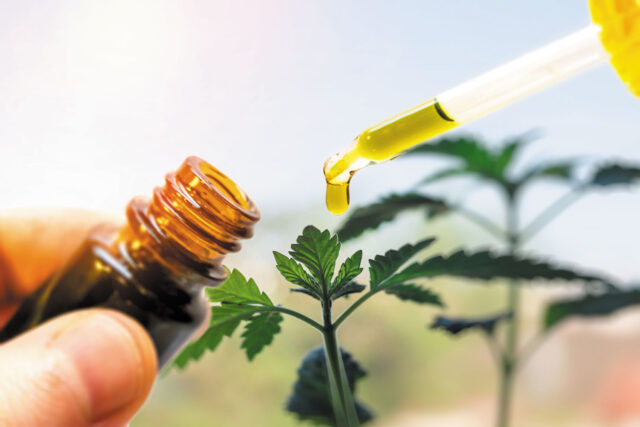
There are many ways of extracting CBD from the cannabis plant, and a product’s chemical composition will be largely dictated by the extraction method used. Below are the main extract options and what each means to the longevity of CBD retention in your system:
- Full-spectrum CBD
Full-spectrum CBD, as the name suggests, contains all the compounds that occur naturally in hemp. One of those compounds is THC, and the primary determinant of how much of it is in a product is the hemp cultivation technique behind it.
Full-spectrum is believed to be the most effective CBD extract as it contains hundreds of cannabinoids, flavonoids, and terpenes that interact to cause what is known as the entourage effect. However, most people don’t take it due to the indeterminate content of the high-inducing THC in it.
- CBD Isolate
CBD isolate contains mostly cannabidiol. Most people choose CBD isolate over full-spectrum CBD to avoid the psychoactive effects of THC. If you have an imminent drug test at work, this is the best form of CBD to take. The only downside to it is that it doesn’t give you the synergistic effect you get from consuming a combination of cannabis compounds.
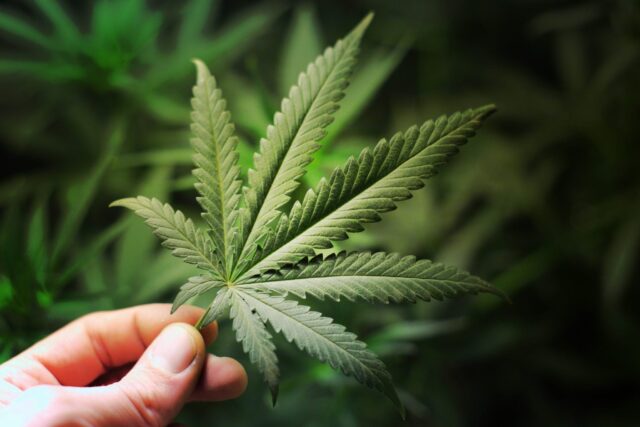
- Broad-spectrum CBD
Broad-spectrum CBD contains CBD and all the other compounds that occur naturally in the hemp plant except THC. Broad-spectrum CBD products are more refined than their full-spectrum counterparts but a tad less effective due to the absence of THC.
Conclusion
The amount of time CBD remains in your system is down to several factors. Ensure you understand the chemical content of the CBD product you take, so you have control over what you consume and how long it stays in your body.

